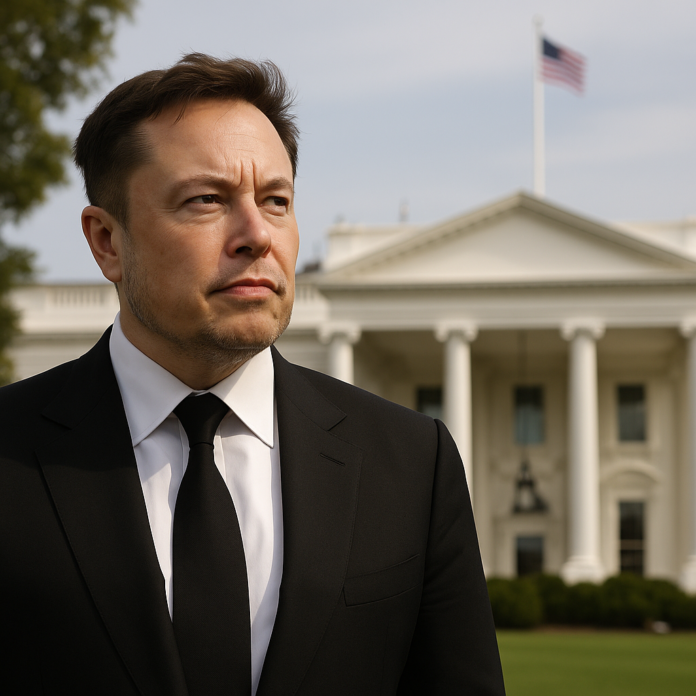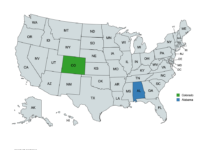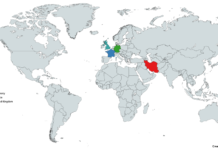Elon Musk has formally ended his time as a temporary government official after months of trying to reshape the federal workforce and cut back on spending. His departure follows ongoing disagreements about the direction of a new budget plan supported by President Trump and signals a return to private-sector leadership for the billionaire CEO.
Musk, appointed to head a government streamlining initiative known as the Department of Government Efficiency (DOGE), had been serving under a federal rule that allowed part-time executive branch participation for a limited number of days each year. His term concluded this week as scheduled.
The entrepreneur entered government with bold goals, originally calling for trillions in reductions to federal expenses. Over time, those ambitions were adjusted, and recent estimates from the DOGE office list claimed savings at $175 billion. Independent reviews of that figure have not yet been released.
Musk’s time in Washington brought headlines and pushback. Thousands of government employees left their roles during his tenure, either through buyouts or layoffs. Some agencies that lost staff or funding later had those actions blocked in court. In one instance, personnel tied to national security programs were reinstated after a judge ruled proper procedures were not followed.
This week, Musk openly disagreed with a large spending bill backed by the administration. In a televised interview, he said the measure would raise federal debt and undo progress made by DOGE. He pointed to tax cuts and defense increases as parts of the bill that clashed with his aims.
Soon after his comments aired, Musk shared on his social media platform that he was stepping away from government. He thanked Trump for the opportunity to focus on efficiency and said he believed the effort would carry on, even after his exit.
Trump, responding the next day, defended the legislation as a necessary compromise in a divided political landscape. He indicated that revisions were still possible and emphasized the need for congressional support to move the proposal forward.
Within Congress, reactions to Musk’s criticism varied. A few lawmakers expressed agreement, saying more trimming was needed before the measure could pass. Others stood by the bill and urged the Senate not to make major alterations, warning that changes could derail carefully built consensus.
House Speaker Mike Johnson acknowledged Musk’s departure and said the chamber would move ahead with a package to reverse certain funding decisions. That proposal is expected to include cuts to media and foreign programs. Johnson also said DOGE’s findings would continue to shape House decisions in the months ahead.
Behind the scenes, Musk’s presence in government had begun to stir frustration among some cabinet members. Reports of disagreements over staffing and budget authority surfaced frequently, and tensions grew as departments pushed back against directives from DOGE.
At the same time, Musk’s companies experienced turbulence. Tesla reported a sharp drop in sales earlier this year. The company’s stock declined, and protests targeting its facilities drew national attention. During a call with investors, Musk said he would scale back his public sector role and focus more fully on running Tesla and SpaceX.
He also signaled a shift in political engagement. After contributing heavily to campaigns during the last election cycle, Musk said he would reduce his donations going forward, noting that he saw no current reason to continue at the same pace.
While Musk’s exit was planned, the circumstances around it have drawn attention. His opposition to a key piece of legislation and abrupt departure suggest deep differences over spending policy. Still, administration officials maintain that DOGE will continue operating, and some department heads have begun discussing how to use the agency’s framework without its original leader.
As he exits the federal scene, Musk leaves behind a mixed legacy. His goals captured attention, but many of his targets were softened or delayed by legal and political realities. The future of DOGE may depend on whether its methods are embraced by others or scaled back without Musk’s direct involvement.
The businessman has returned to his companies with plans to devote more energy to new product development and company operations. He told audiences at a recent global forum that he would focus on engineering and innovation, leaving Washington behind for now.
This image is the property of The New Dispatch LLC and is not licenseable for external use without explicit written permission.









